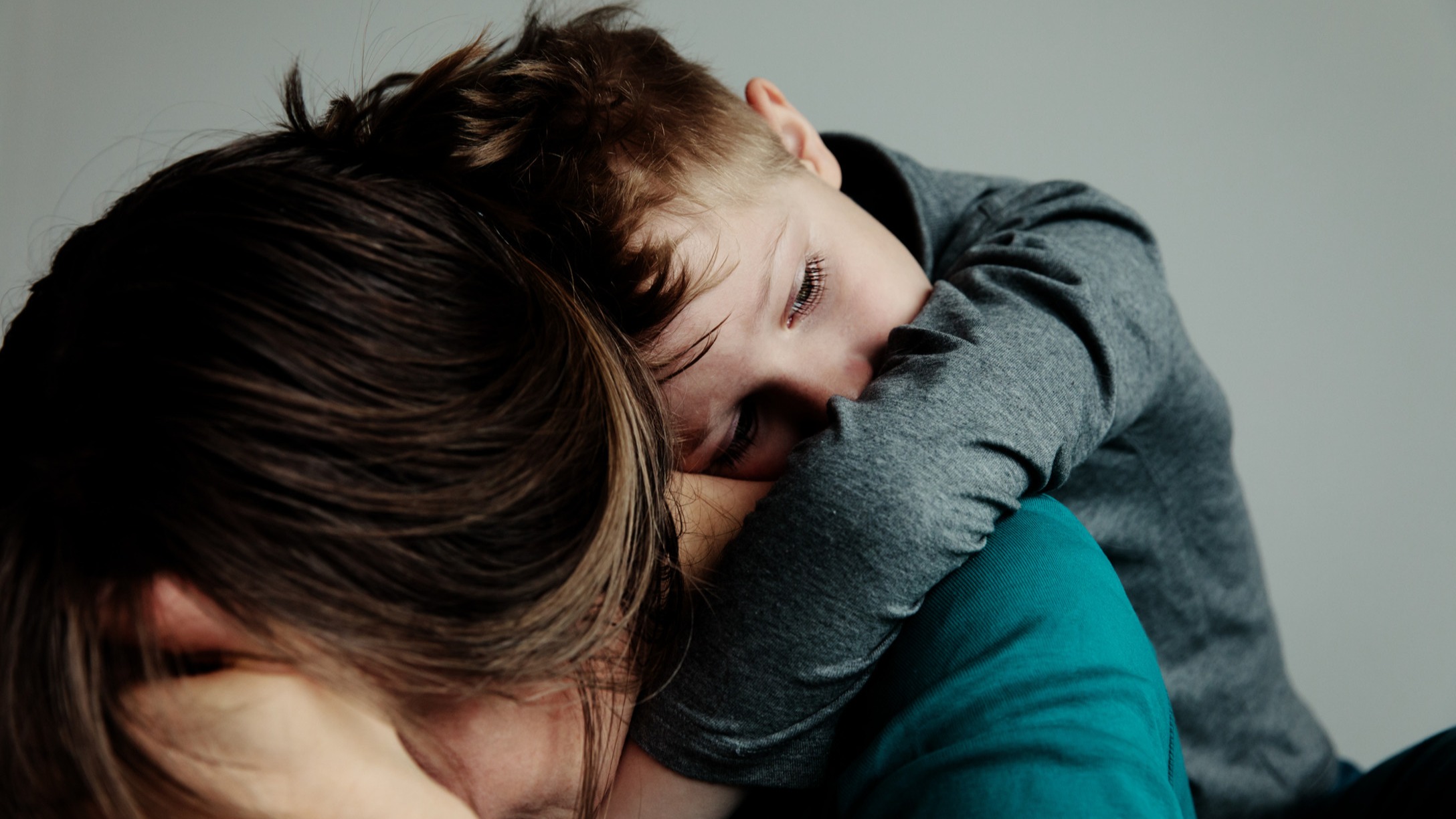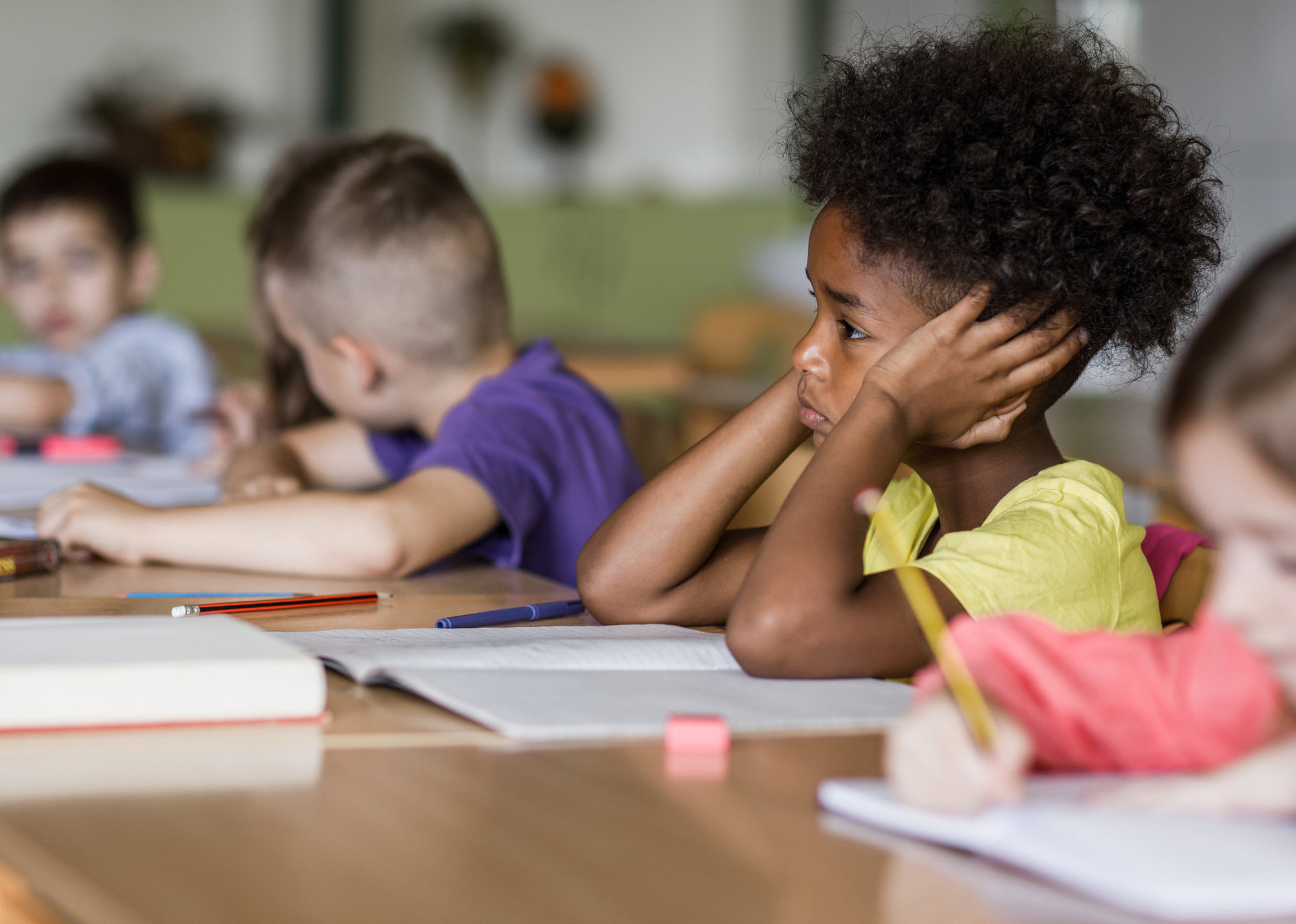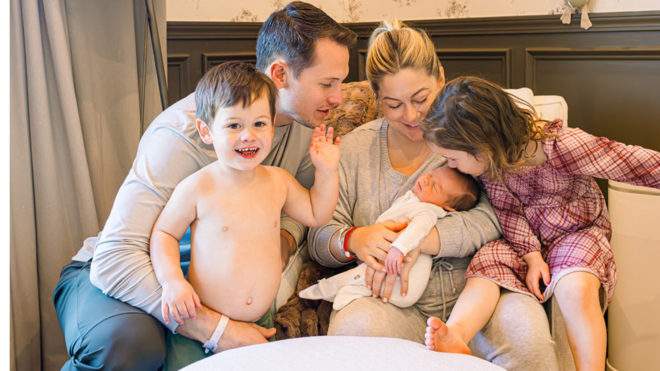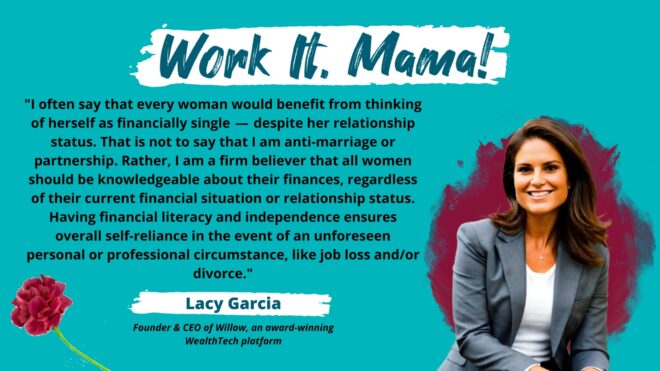
As a teacher, counselor, and coach, I recognized how losses affect children when my own children were young. It is the reason I shared our story in my 2021 memoir, Healing: A Family’s Journey. Loss has such a powerful effect on each and every one of us, but where do we go to understand its effect on us?
In the appendix of Healing: A Family’s Journey, I outlined the stages of grief and the resulting behaviors to help you understand what may be happening to you and your child after a loss, but I'm sharing some of my insights here in the hope of helping others parents understand where some of their children's behaviors may be stemming from.
As a special education teacher working with children with learning disabilities and a diagnosis of attention deficit disorder with or without hyperactivity, I recognized the same behaviors as I learned studying the effects of loss and its impending grief.
These behaviors are hyperactivity/hypoactivity, inability to focus or pay attention, easily distracted, impulsivity, and perseveration. These behaviors can get in the way of learning when they are not positive or to the extreme. As educators and parents, we tend to look at the behaviors and focus on changing them or disciplining them, rather than seeking out the cause of them. Often, that cause is a feeling of loss.
More from CafeMom: How a New Tattoo Helped Me Process My Grief & Gave Me Closure
I think of a little boy in kindergarten, who I will call Peter.
We had planned a spring picnic outside for lunch in June, as the weather in British Columbia was turning beautiful. We woke up to snow that morning — 6 inches of wet snow. I simply said we would have to do the picnic another day, expecting the children to understand.
For most of the children, this was not a problem. But Peter said, “Ms. Peg you promised." He did not let up all day. His little voice was constant the whole day, “We are having a picnic today Ms. Peg. You promised.”
It did not matter what I said. I even took him outside and asked him how we could put a blanket in the snow to have a picnic. There was no grass. “But you promised.”
Little Peter’s parents were going through a separation and divorce.

He was in major grief over the loss of his family. Many promises were made and broken. He told me regularly that dad said he was coming to visit and did not come. School was his safe place and he was not going to let his teacher break her promises.
Over lunch I put two and two together and realized Peter was perseverating. He had a one-track mind. I was not going to change this, so we had our picnic during afternoon recess in the gymnasium on the mats. We had a drink and a snack sitting in a circle on the mats, like a picnic. We played games in the gym for the last hour of our day. I had the happiest class and the happiest little boy in the school because I kept my promise.
More from CafeMom: Kindergarten Teacher Shares the Things She'll Never Do When She Sends Her Son to School
I could have gotten impatient and sat him down.
Maybe punished him because he was really annoying all day. Thank goodness I had the awareness and understanding that there was more going on for Peter.
Many teachers want parents to have their children assessed for ADHD because their behaviors in the classroom are disruptive. They are not focused. Their minds are everywhere and they cannot sit still. They are impulsive and reactive with one focus, and it usually is not on what you are teaching.
If we would ask ourselves, 'What has our child lost?' our responses might be different.
When did this behavior start? Often, we will discover that they are grieving. What is key to understand is that it is a loss from their perspective, not ours.
I have heard stories from adults who have not forgotten when mom flushed their dead goldfish down the toilet or when they moved from one house to another, never mind one city to another or one school to another. If we asked ourselves what losses do we remember from our childhoods, we should also ask ourselves if we have grieved those losses.
When I was told our son had two months to live, it triggered for me the loss of my grandfather when I was 8 years old.
I didn’t recognize it right away, but as I sat in the chapel at the hospital asking "Why?" "What had I done or not done?" I clearly realized the males in my life that I loved seemed to die on me. This was No. 3.
No, I had not processed my grief for either of the other two males before him. Who even knew about grief and its process then?
It is so important that we recognize the grief in our children, especially when they are too young to understand or process it on their own.
We must allow them to express their feelings without judgment. As the adult in their lives, we want to recognize the stages of grief: denial, bargaining, anger, and depression, even when they are related to the seemingly innocuous losses of their pet hamster or favorite stuffed toy.
If new behaviors surface after a loss, it may be necessary to seek out a grief counselor or coach before treating those behaviors with discipline or medications. Let us help our children process their grief through to acceptance.
Check out Healing: A Family’s Journey for a deeper explanation and more tips on helping your child through loss.
*Psst: if you choose to purchase an item from this post, CafeMom.com may receive a small cut. Each item and price is up to date at the time of publication; however, an item may be sold out or the price may be different at a later date.



